January 31, 2025 | 08:55 GMT +7
January 31, 2025 | 08:55 GMT +7
Hotline: 0913.378.918
January 31, 2025 | 08:55 GMT +7
Hotline: 0913.378.918
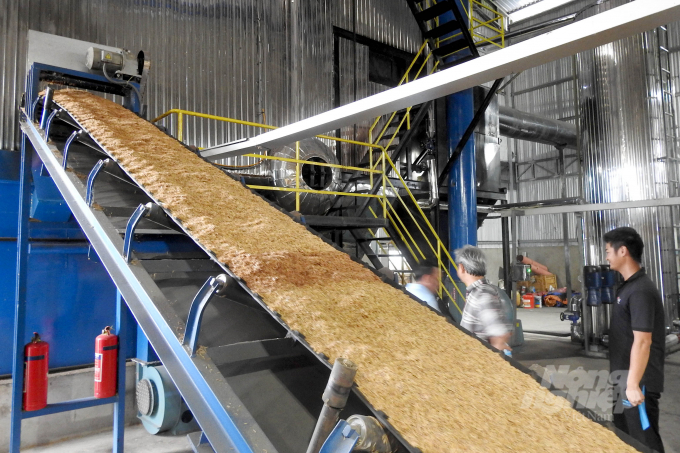
A system uses rice husk to provide heat for the furnace. Photo: Thanh Son.
TMr. Nguyen Duy Linh, General Director of Chu Se - Kampong Thom Rubber Joint Stock Company (Kampong Thom province, Cambodia), said since the price of diesel oil (DO) keeps highly increasing in recent years, the company has invested in a furnace heat system with the use of rice husk to replace the DO.
The results show that using rice husk instead of DO in drying rubber latex has helped the company reduce costs by 20-25% while increasing its product quality.
The rice husk source that Chu Se - Kampong Thom Rubber JSC uses in drying rubber is purchased right in the local area. Linh said it was very large but the company still signed contracts with local rice mills to proactively get adequate supply for production.
To dry 1 ton of rubber latex, the company has to use nearly 150kg of rice husk. In 2021, It consumed a total of nearly 4,000 tons of rice husk. Chu Se-Kampong Thom Rubber JSC is a member of the Vietnam Rubber Industry Group (VRG) in Cambodia.
It has two investment projects in Cambodia, C.R.C.K.2 and Bean Heack with a total area of nearly 16,300ha, located in the triangle area that includes three provinces of Kampong Thom, Siem Reap, and Preah Vihear. Its rubber latex processing factory is the largest of Vietnam's rubber industry with a total capacity of 32,400 tons/year.
Translated by Linh Nguyen
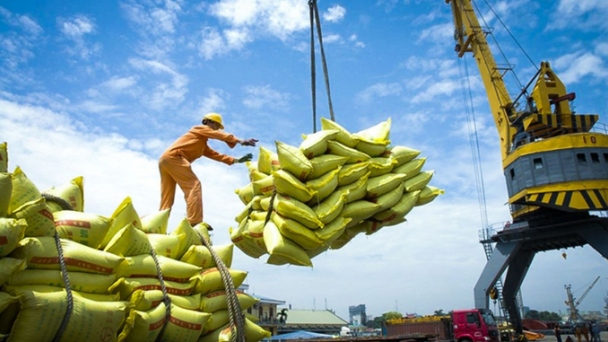
(VAN) Vietnam exported nearly 270,000 tons of rice, valued at 165 million USD, during the first half of Jan 2025, a 23% increase from the previous year.
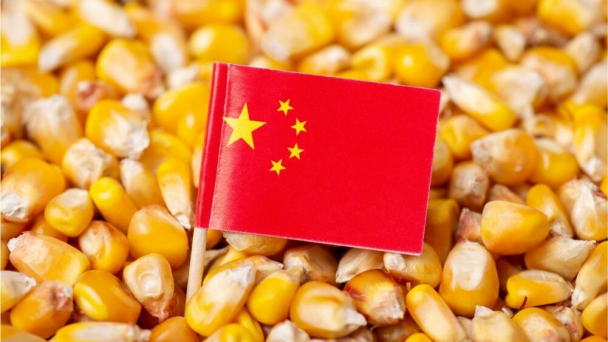
(VAN) China, which is the world’s largest wheat and rice producer, is expected to slightly increase its rice output in 2024-25 to 145.3 million tonnes.
/2025/01/26/4719-1-144124_461.jpg)
(VAN) Thanks to stable production, cinnamon exports in 2024 grew in both volume and turnover, bringing the country hundreds of millions of dollars.
/2025/01/26/1601-1-141127_754.jpg)
(VAN) Cambodia is currently one of the countries with the largest output of cashew nuts in the world, with 90% of raw cashew nut output sold to Vietnam.
/2025/01/25/4248-11-082729_294.jpg)
(VAN) Rice exports to the Philippines grow strongly in 2024 and account for the majority of Vietnam's export surplus to this market.
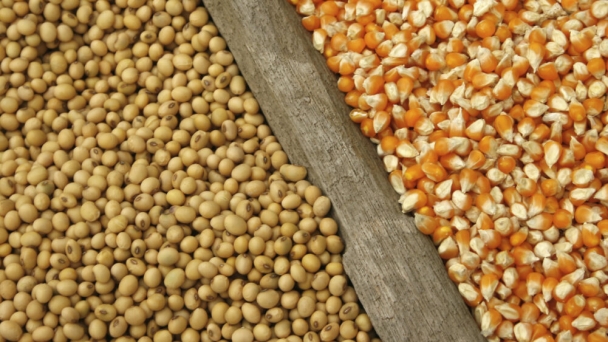
(VAN) Bringing the bulls to market was the USDA’s downward revision of 2024-25 forecasts for US corn and soybean carryover, production and yields.
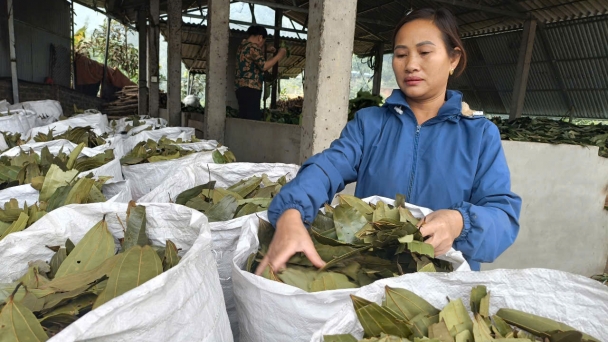
(VAN) A cooperative has processed cinnamon leaves for export to India, creating regular employment for dozens of workers who have a stable income from this byproduct.